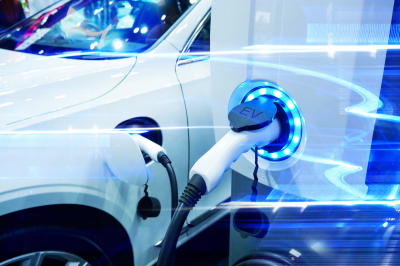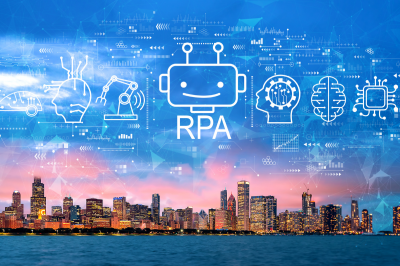With advances in science and technology, the transportation and communication sectors have advanced significantly, reducing the amount of time, resources, and effort expended in travel. Electric vehicles have evolved over time, with the assistance of artificial intelligence and quantum computing, to become highly efficient and optimized for people's transportation.
Robotic Process Automation (RPA) is an application of technology governed by business logic and structured inputs to automate business processes. Thanks to increased competition, dynamic market requirements, and widespread adoption of digital transformation, enterprises are banking on robotic process automation to help them get ahead. The latest forecast from Gartner Inc predicts that worldwide Robotic Process Automation software revenue will reach nearly $2 billion in 2021, and that the RPA market will grow at double-digit rates through 2024, despite the economic pressures caused by the COVID 19 pandemic.
Intelligent automation combines artificial intelligence and automation to create smart business solutions that can analyze, learn, and adapt to improve the efficiency and productivity of any organization. It leverages natural language processing, computer vision, machine learning, and machine vision to understand and solve complex business challenges.
In this blog, we look at how IA incorporates cognitive technologies with Robotic Process Automation (RPA) to automate any business processes, reduce operational costs, improve efficiency, and enhance customer experience.




